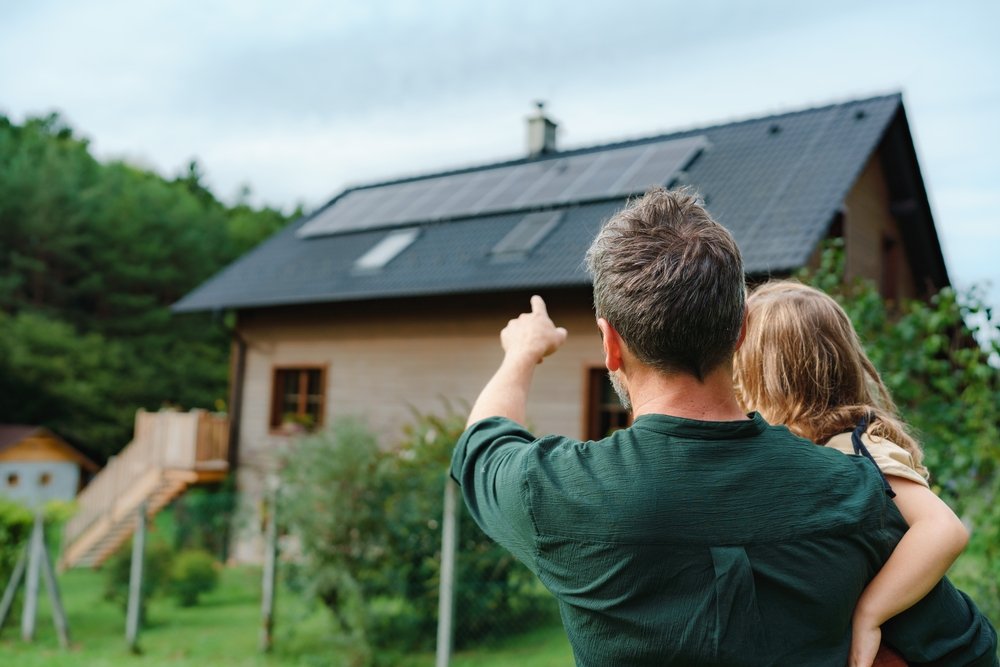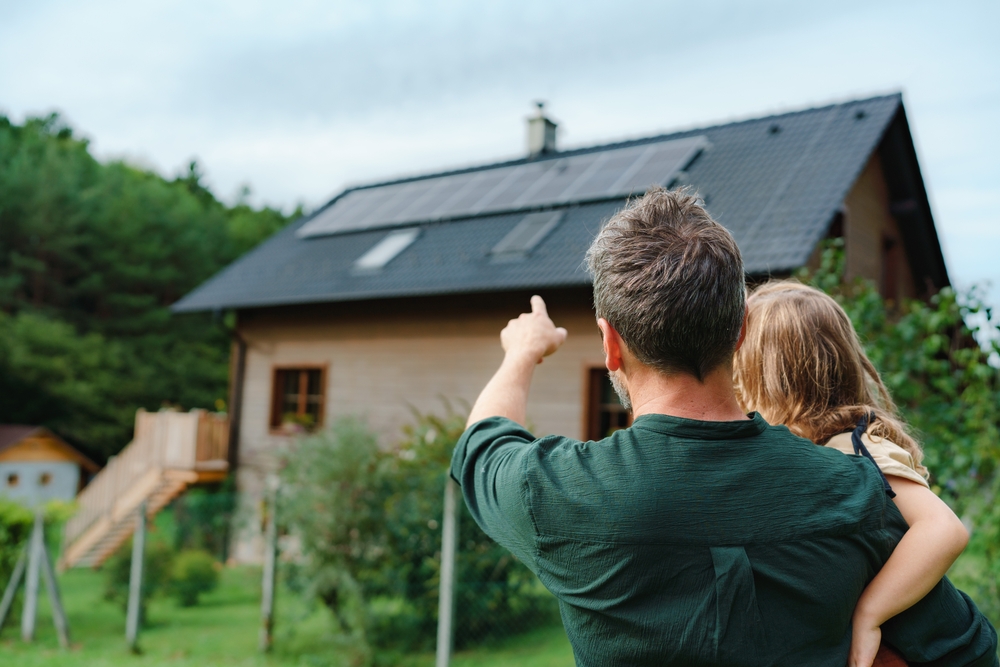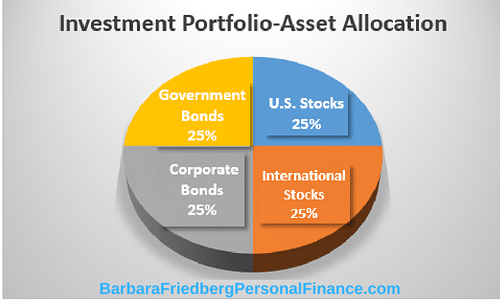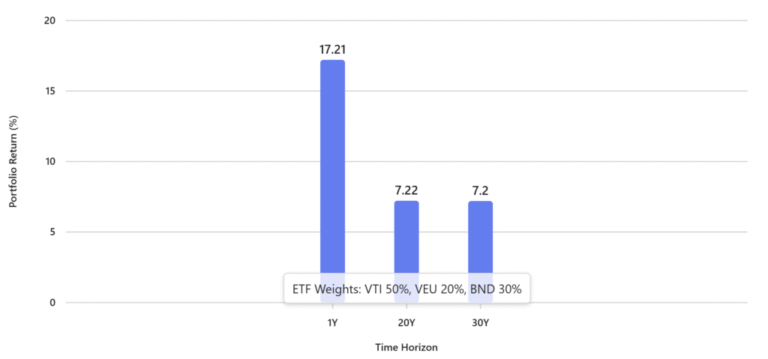

Are you considering solar panels? Installing solar panels sounds like a simple way to save money and help the planet. But the real picture is more complicated. Homeowners often discover solar isn’t always a guaranteed win. Before you sign a contract or let a salesperson climb your roof, here are eight truths every homeowner should know about going solar in 2025.
1. Not Every Home Is a Good Candidate for Solar
Not all roofs are the same. It’s a complete myth that any sunny roof can make solar power pay off. The U.S. Department of Energy (DOE) says that roof angle, age, shade from trees, and even your region’s climate can impact efficiency. North-facing roofs or areas with frequent cloud cover produce far less energy. Before installation, homeowners should request a solar suitability analysis to ensure their setup can generate enough power to justify the cost. These services are often free, so it’s worth your time.
2. Upfront Costs Are Still High Without Incentives
Do you think that harnessing the power of the sun will be cheaper? You may be surprised to learn that upfront costs can be very pricey. While solar costs have dropped dramatically in the past decade, the average installation still runs between $15,000 and $25,000 according to the Solar Energy Industries Association (SEIA). Federal tax credits cover up to 30%, and many states offer rebates, but you’ll need the capital upfront. Leasing may sound easier, but those savings often come at the cost of long-term ownership and equity in your system. Remember, Federal tax credits are not guaranteed. So, if you’re considering solar panels, act while they are being offered.
3. “Free Solar” Ads Are Almost Always Misleading
If you’ve seen ads claiming you can get “free solar panels,” be skeptical. Many of these ads are scams or bad deals. The Federal Trade Commission (FTC) warns that many of these offers are actually long-term lease or power purchase agreements (PPAs). In these deals, the company owns the panels, controls the power pricing, and can place a lien on your property. Always read contracts closely to confirm who truly owns the system. If you aren’t careful, this could affect the resale value of your home.
4. Solar Doesn’t Always Eliminate Your Electric Bill
Solar power isn’t free. Even after going solar, you’ll likely still owe a monthly connection fee to your utility provider. Most utilities charge grid access fees and require users to stay connected for stability. You may also owe charges when sunlight output drops, such as during winter or cloudy periods. Solar can reduce, not erase, your bill, especially if you use more power than your panels produce.
5. Selling a Home With Leased Panels Can Be Complicated
Solar increases property value when you own the panels. But leased systems can actually delay home sales. A 15-to 25-year solar lease makes most buyers pause. Some lenders won’t approve mortgages on homes with active solar liens. If you might move within a decade, ownership or hybrid financing is safer than long-term leasing.
6. Maintenance Isn’t “Set It and Forget It”
While solar systems are low-maintenance, they’re not maintenance-free. Homeowners need to inspect panels annually for dirt buildup, wiring corrosion, or inverter failure. Heavy snow, dust, or bird droppings can reduce performance, as well. Some warranties include maintenance, but others require you to schedule and pay for upkeep. Many homeowners forget to factor in these costs when considering solar panels.
7. Buyback Credits Are Shrinking in Some States
Many homeowners install solar, expecting to earn credits for sending extra power back to the grid. However, net metering policies are changing or being challenged. The California Public Utilities Commission (CPUC) recently reduced solar credit rates by up to 75%, meaning homeowners would earn far less for excess energy. The decision is still in the courts, so the future of these credits is still unclear. As more states follow suit, the payback period for solar investments may stretch beyond the once-promised 6–8 years.
8. Solar Still Adds Value—When Done Right
Despite the hurdles, owned solar panels remain one of the few home upgrades that can increase value. Environmentally conscious buyers view it as a long-term investment, especially in energy-cost-heavy regions. The key is ownership, transparency, and accurate documentation. Done right, solar pays off in both lower bills and higher resale value.
The Smartest Move Is Educated Installation
Solar energy can be an incredible investment. But only when you fully understand the fine print. Ask tough questions, calculate payback periods, and verify your contractor’s certifications. When approached with strategy, not hype, solar can truly make your home more sustainable and your wallet more resilient.
Have you installed solar panels or decided against them? Share your experience in the comments.
You May Also Like…
- How to Stay Frugal Throughout Your Gardening Activities
- 5 Jobs With Small Pay Checks That People Love
- Old Lottery Tickets: 10 Things You Should Know About Lottery Ticket Expiration Dates
- New Home Builds Are Rising, but What If You’re Too Broke to Buy?
- 6 Debt Traps That Seem Harmless—Until They Jeopardize Your Entire Identity
8 Real Truths About Putting Solar Panels On Your Home is a post from: Beating Broke, if you enjoy it, please visit us and subscribe to the Feed.


